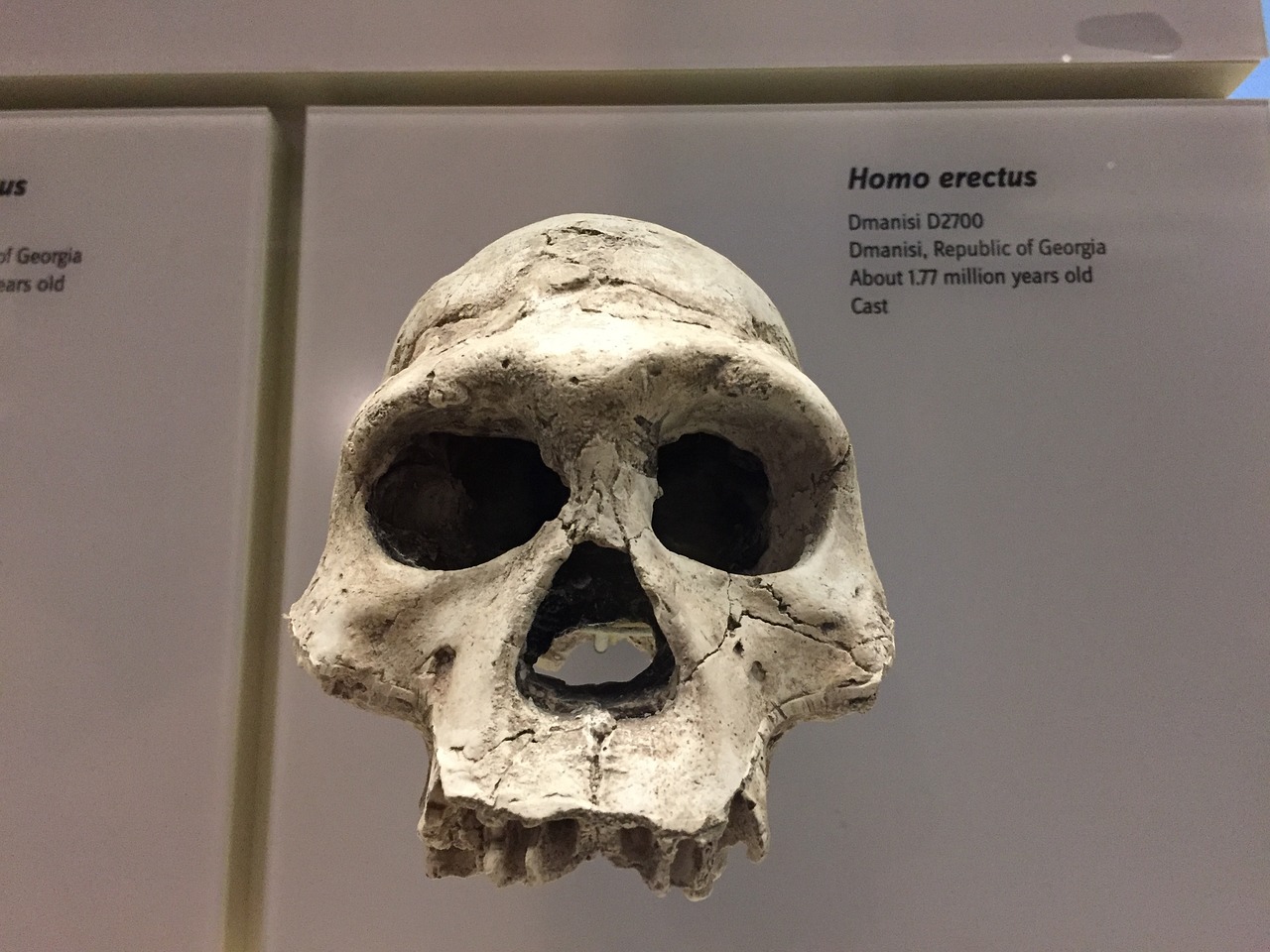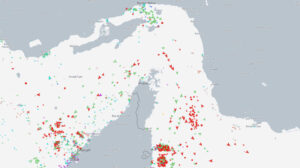Europe’s first humans, a population of the archaic human species Homo erectus, were probably wiped out by an “extreme cooling event” about 1.1 million years ago, a new study finds.
The previously unknown temperature downturn coincides with what’s known about human habitation of the continent, the researchers suggest. Fossils and stone tools show that Homo erectus arrived in Europe from Asia between 1.8 million and 1.4 million years ago, previous research has found, but they seem to have died out throughout Europe about 1.1 million years ago.
The next evidence of archaic humans in Europe is from about 900,000 years ago — possibly after a later and more robust species, Homo antecessor, arrived there from Africa or Asia.
“There’s an apparent gap of 200,000 years,” study senior author Chronis Tzedakis, a paleoclimatologist at University College London, told Live Science. This gap occurs at the same time as the newfound cooling phase, which suggests that the cold drove or wiped out any archaic humans, according to the new study, published Aug. 10 in the journal Science.
more at livescience.com
Ask me anything
Explore related questions





